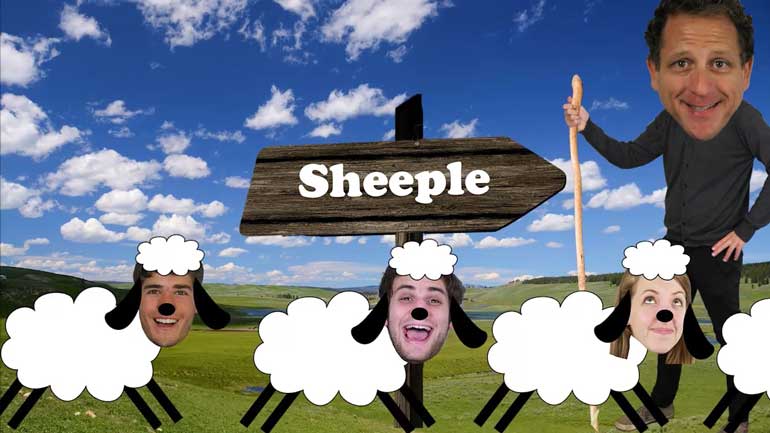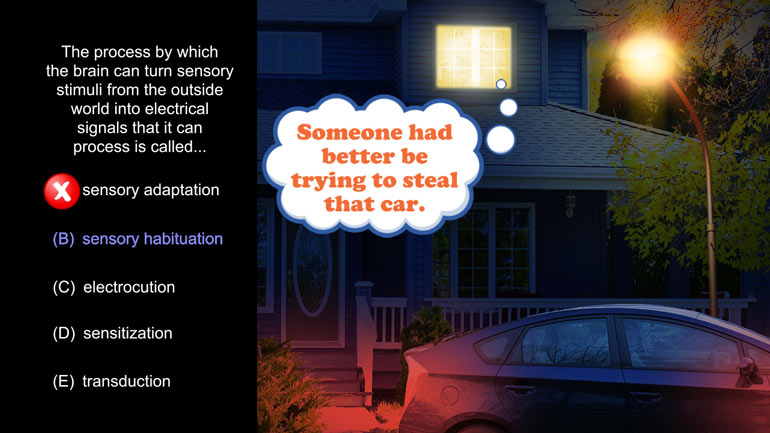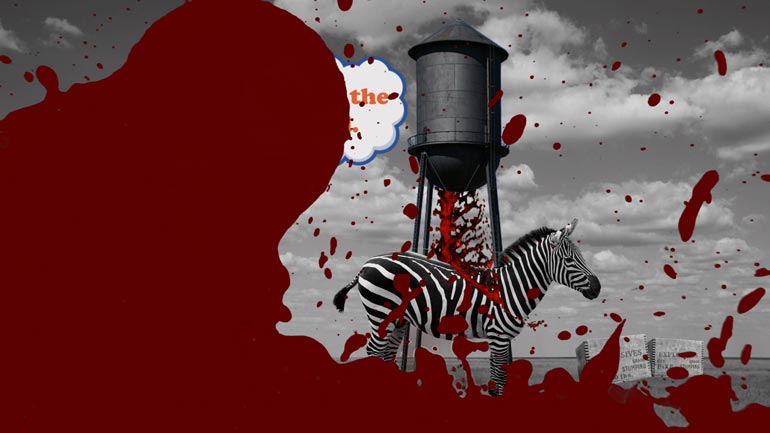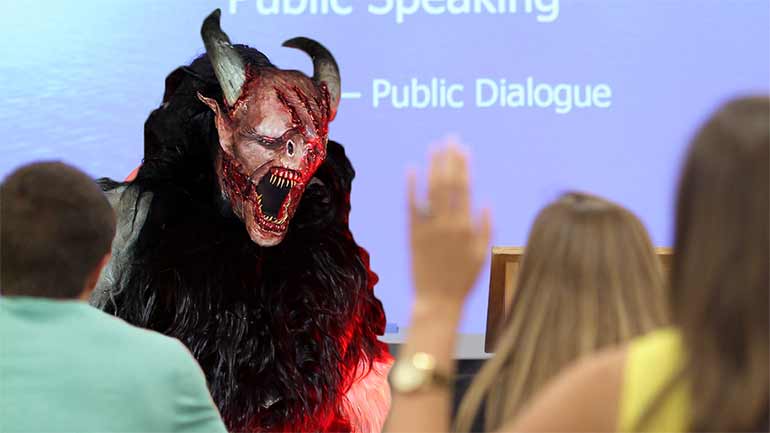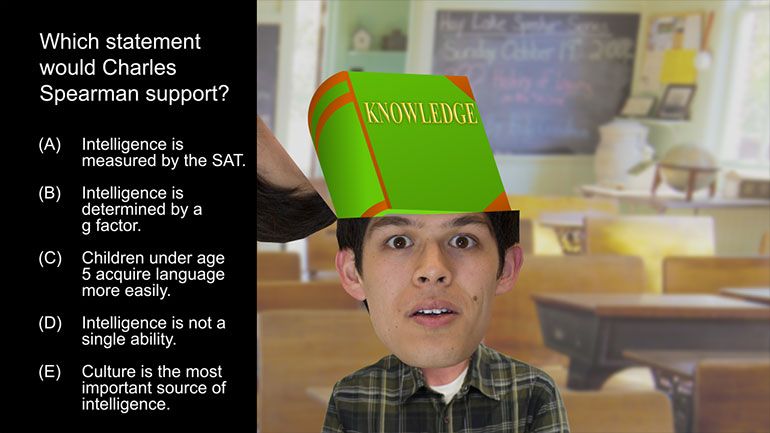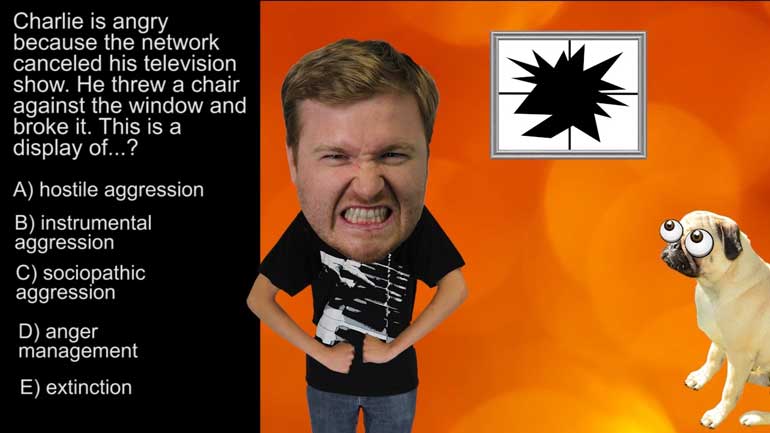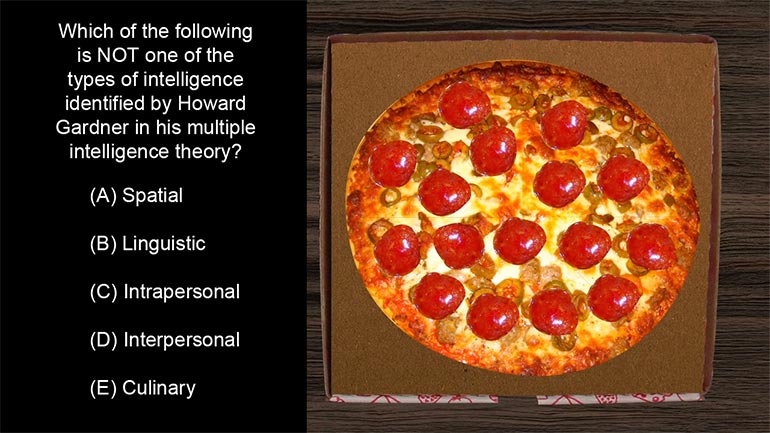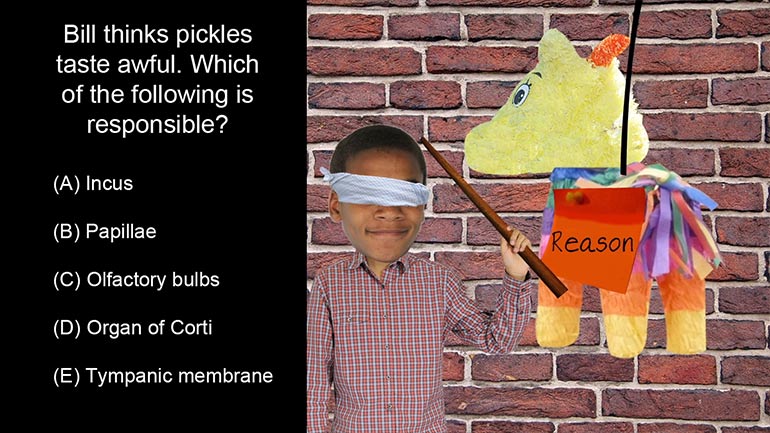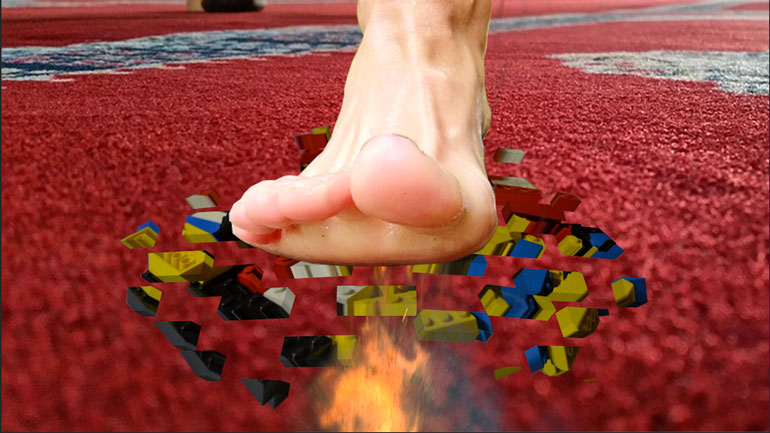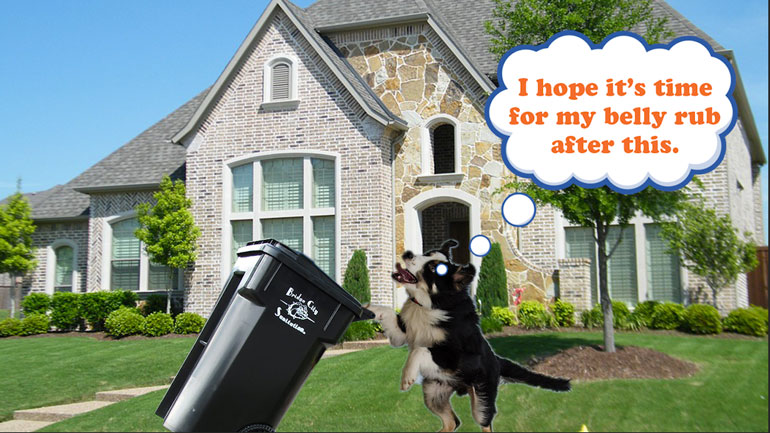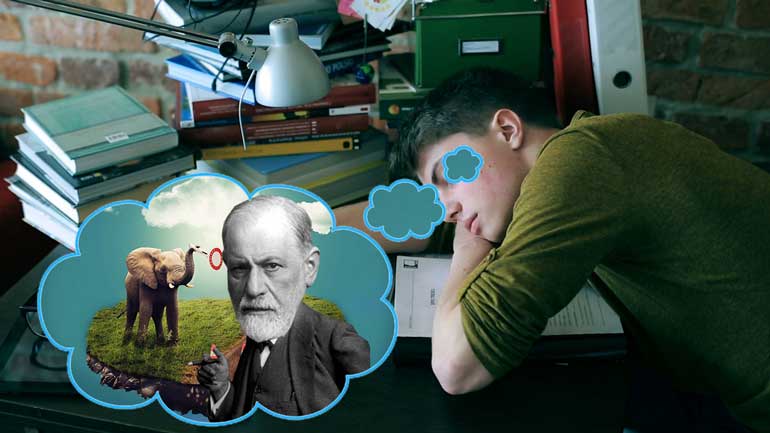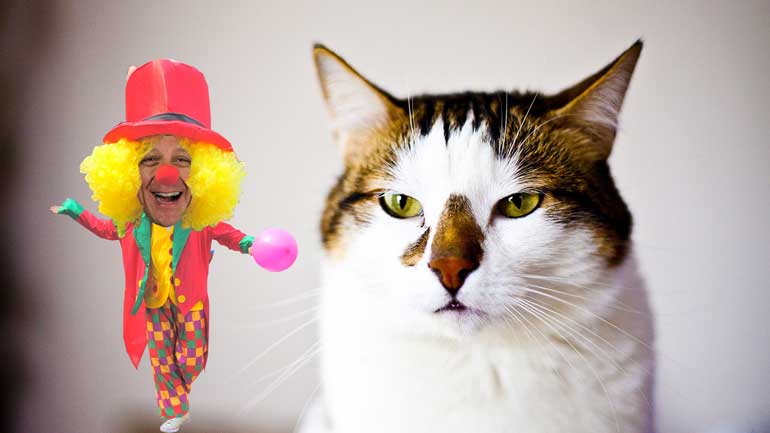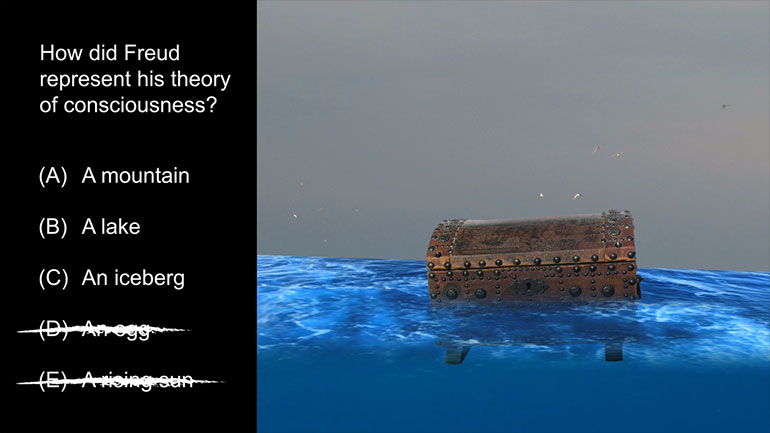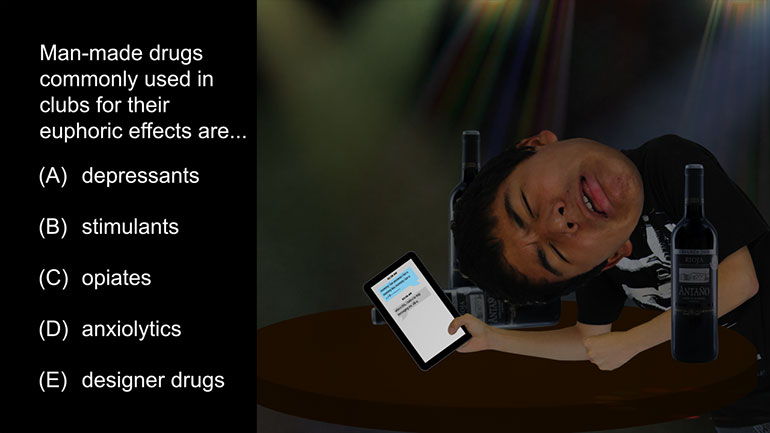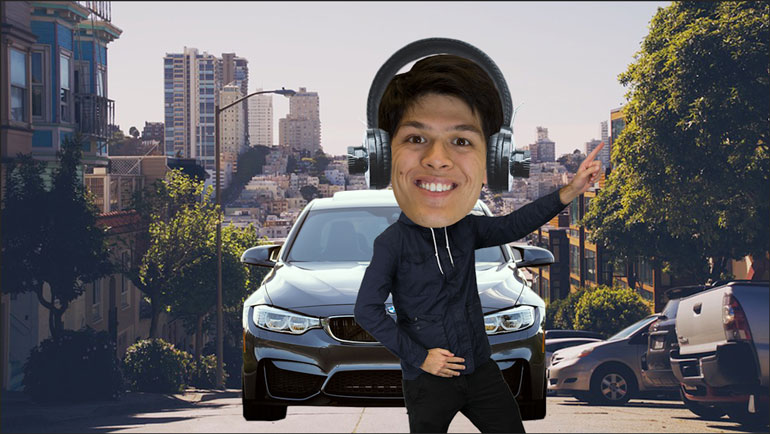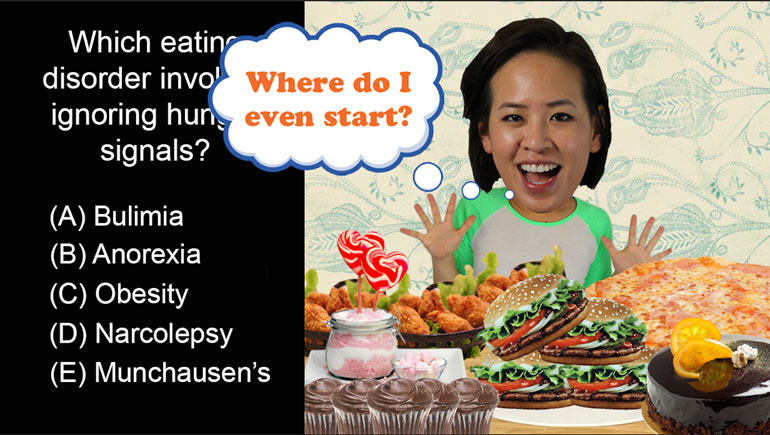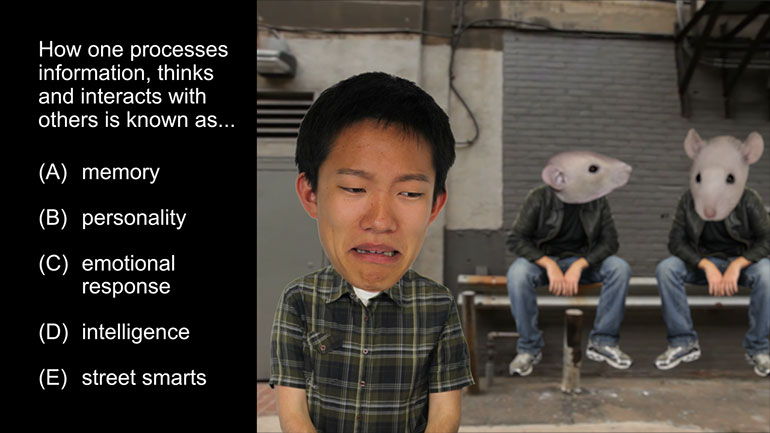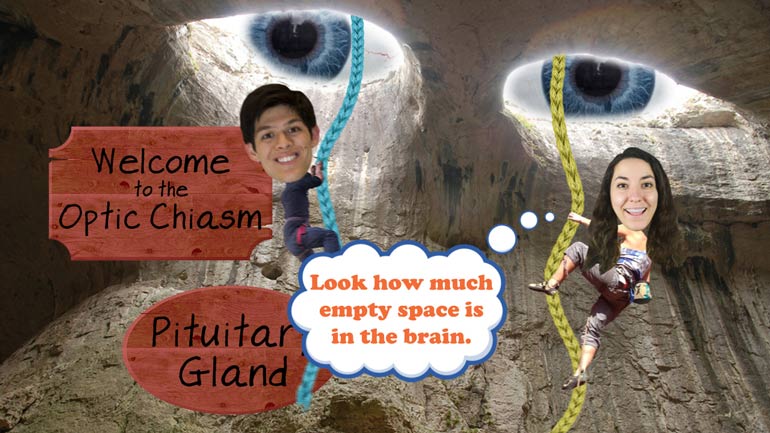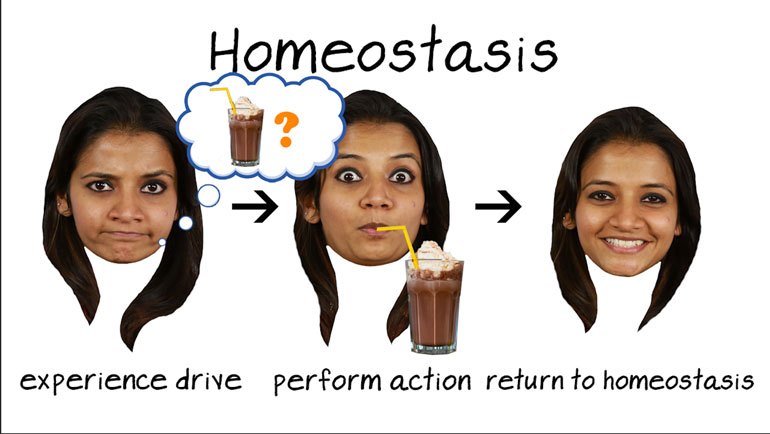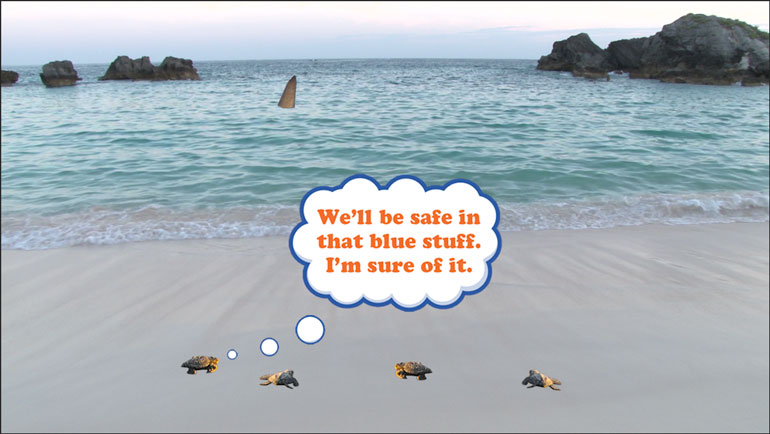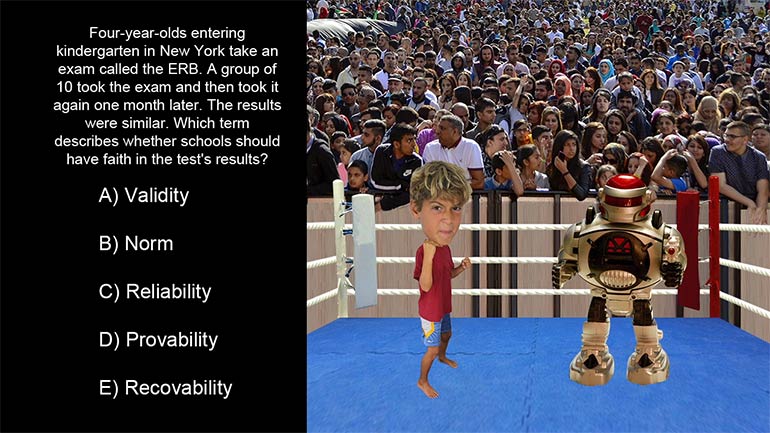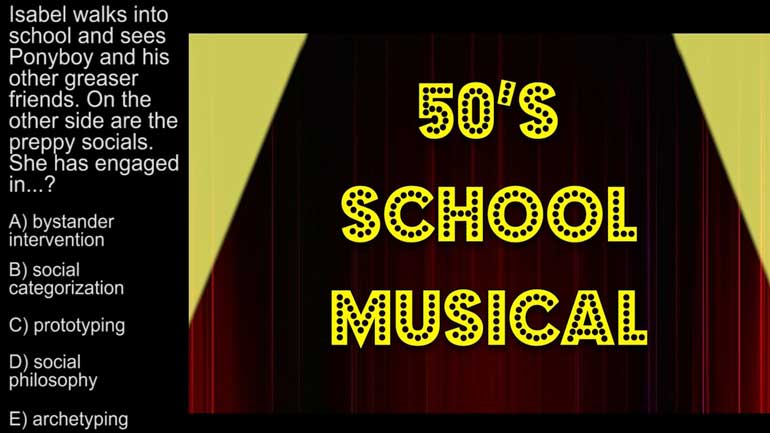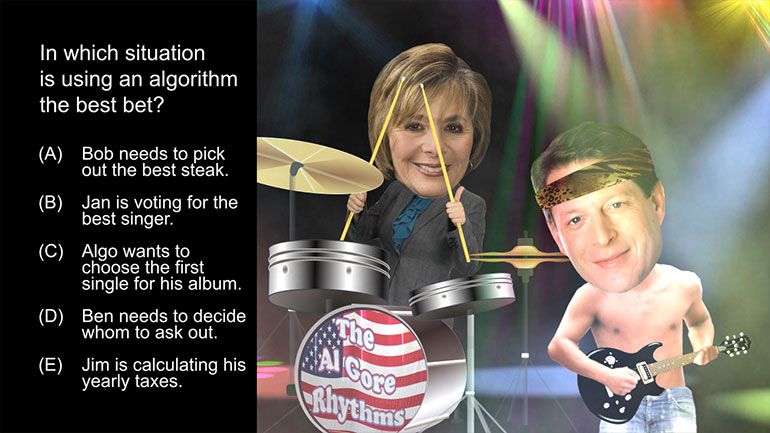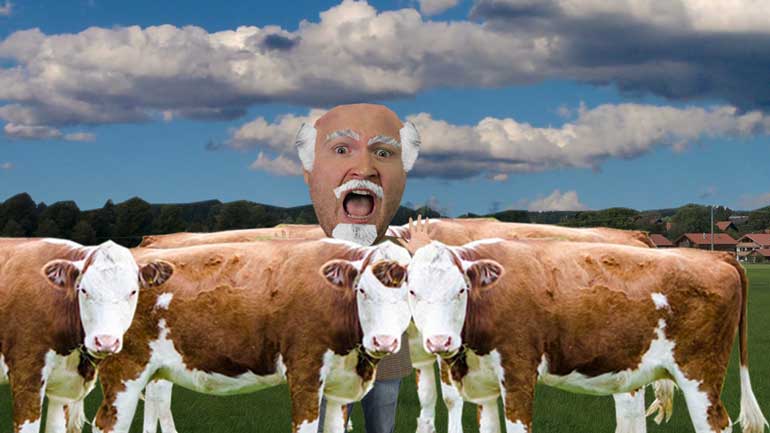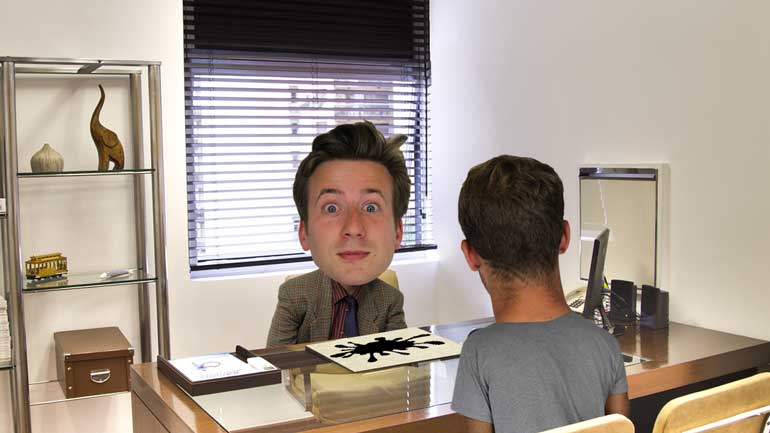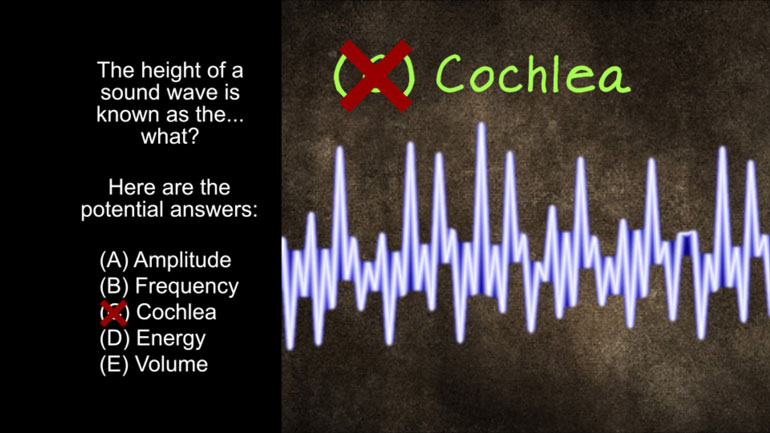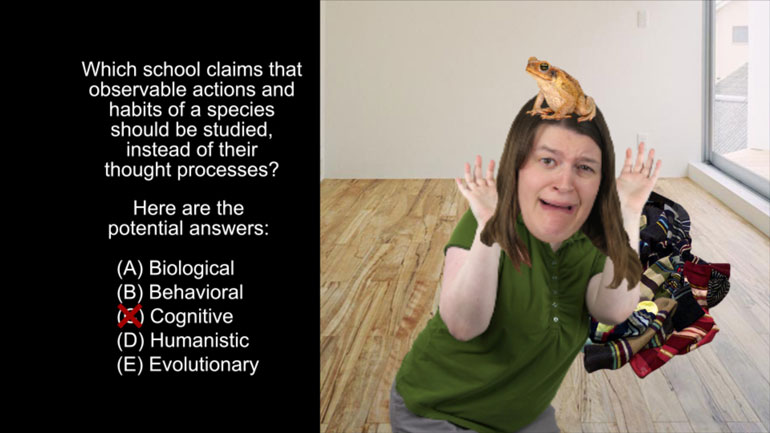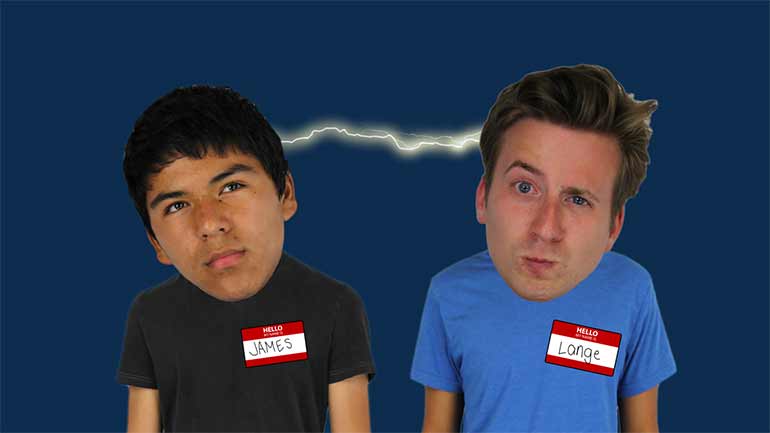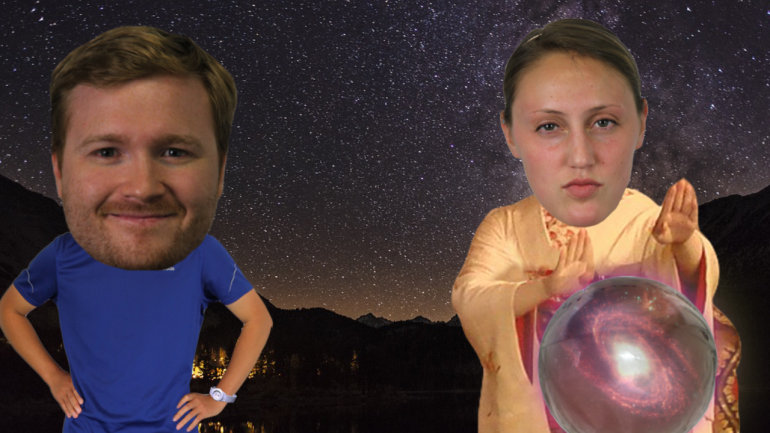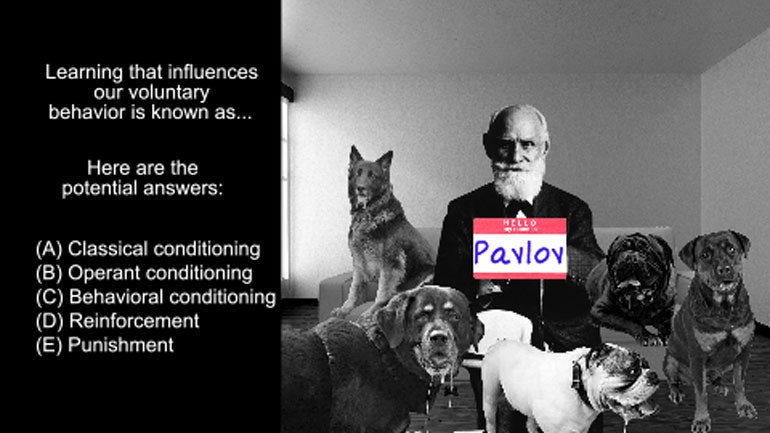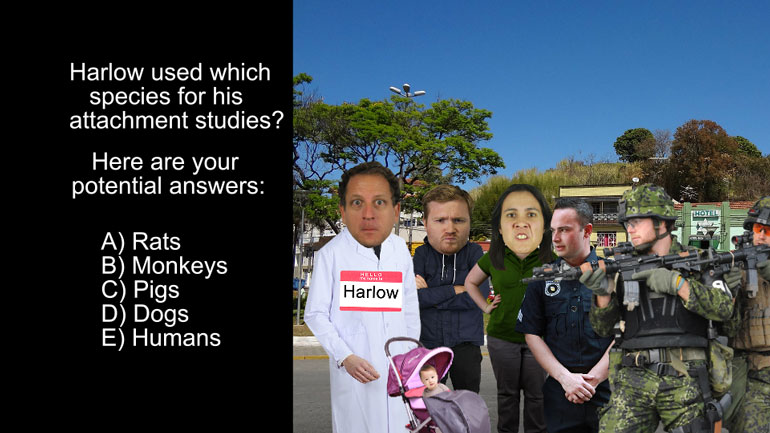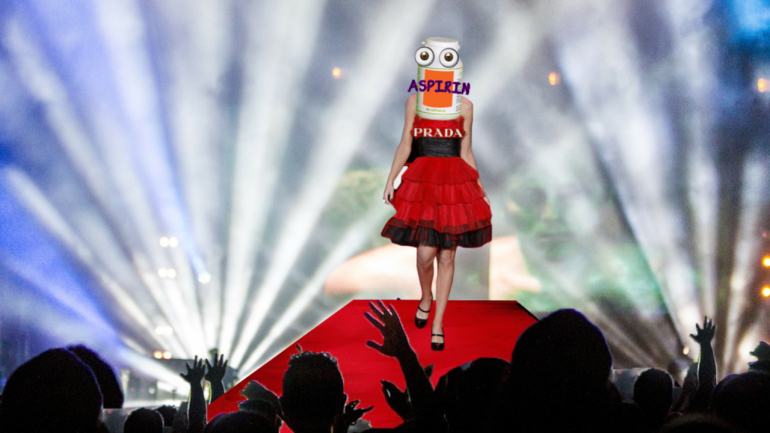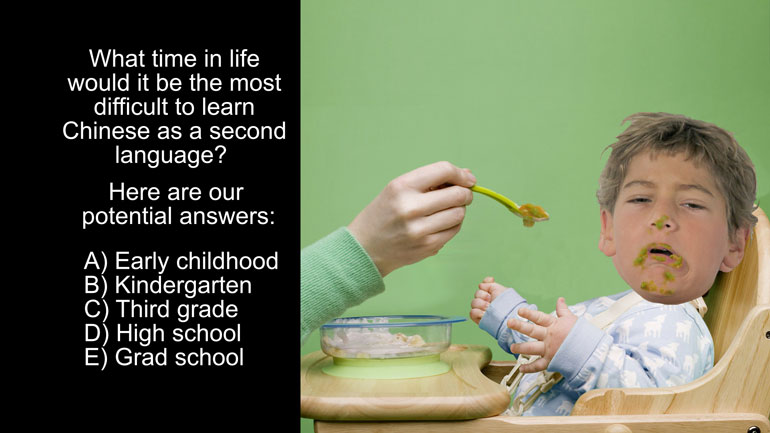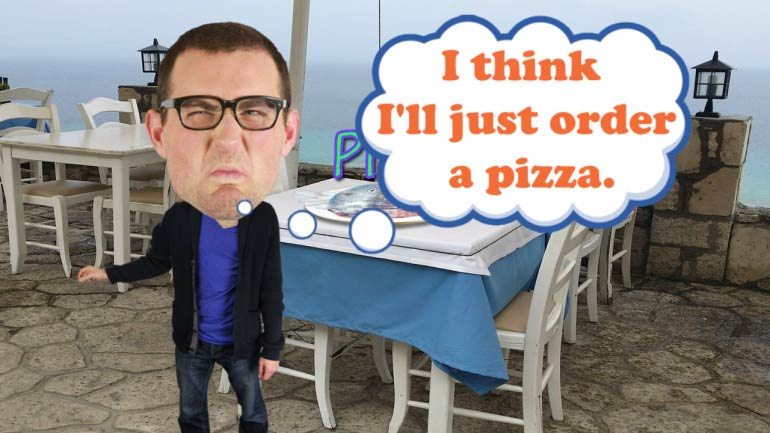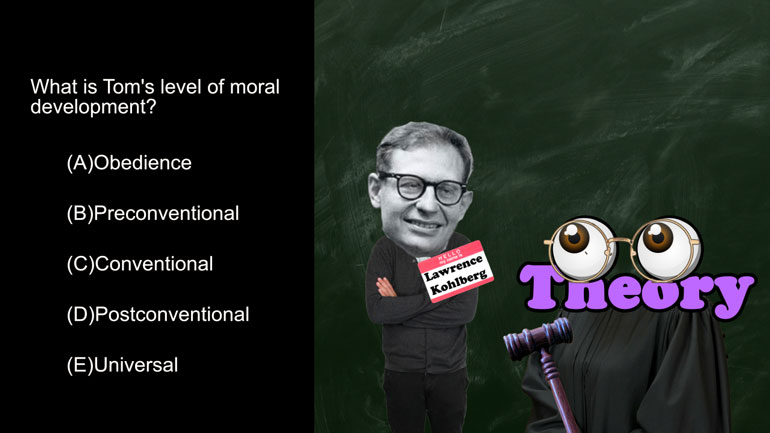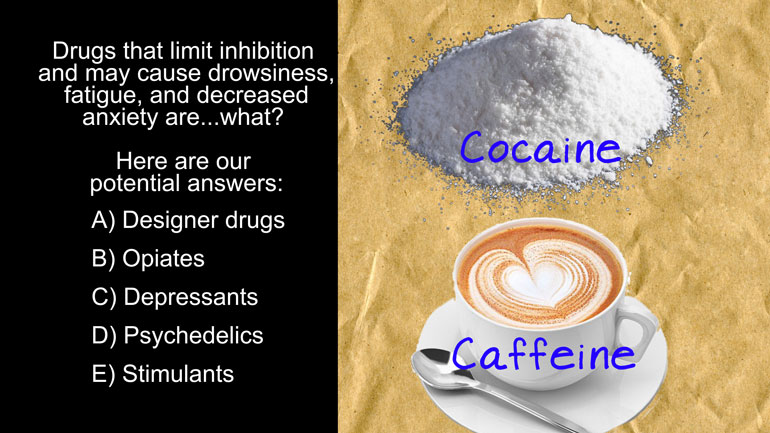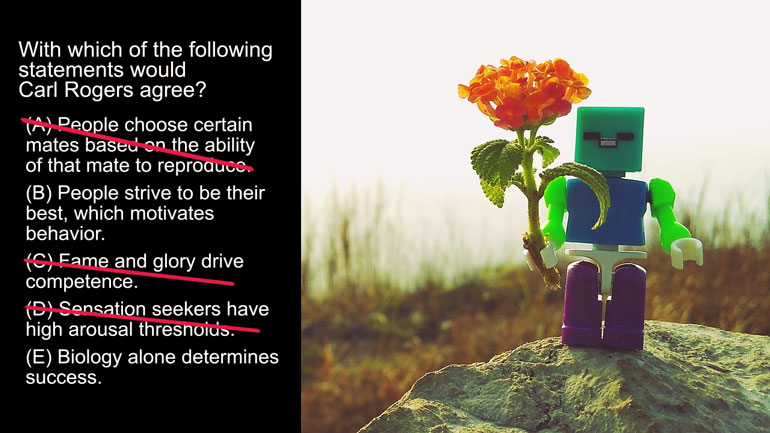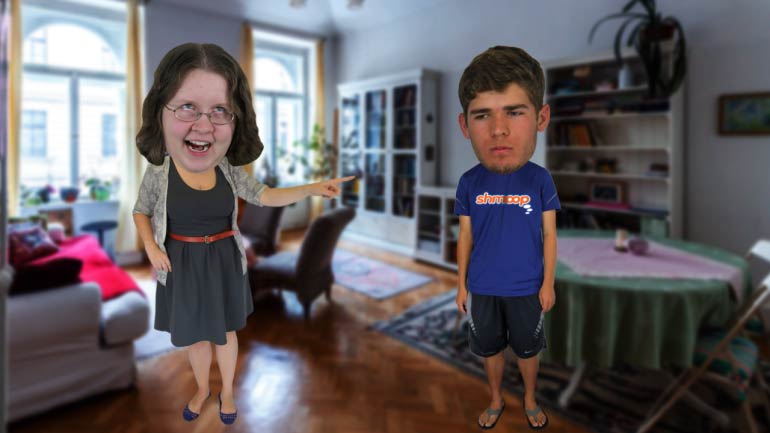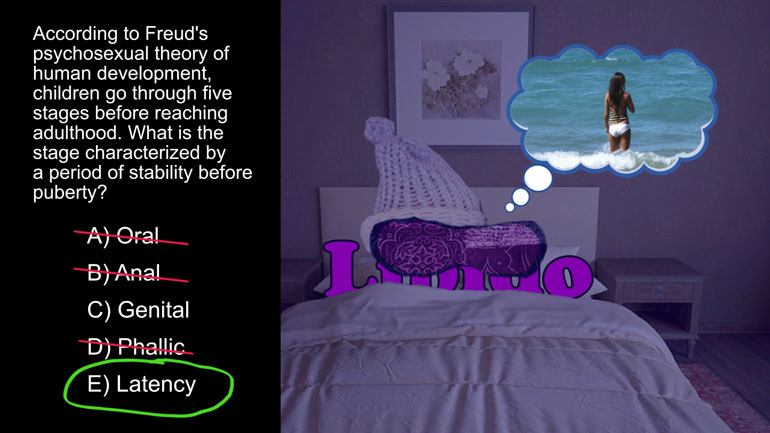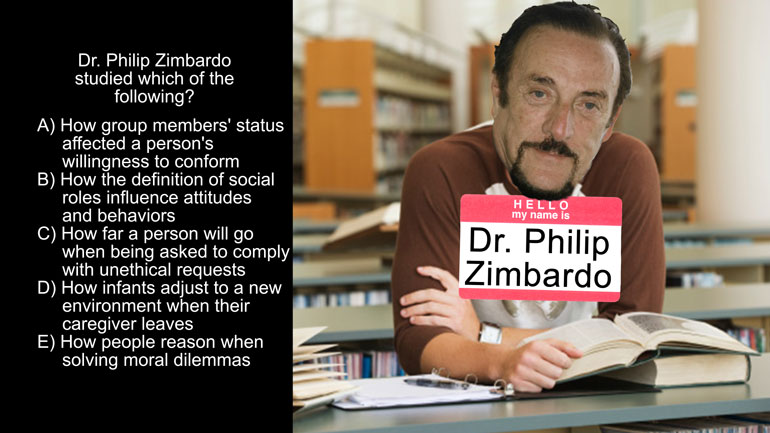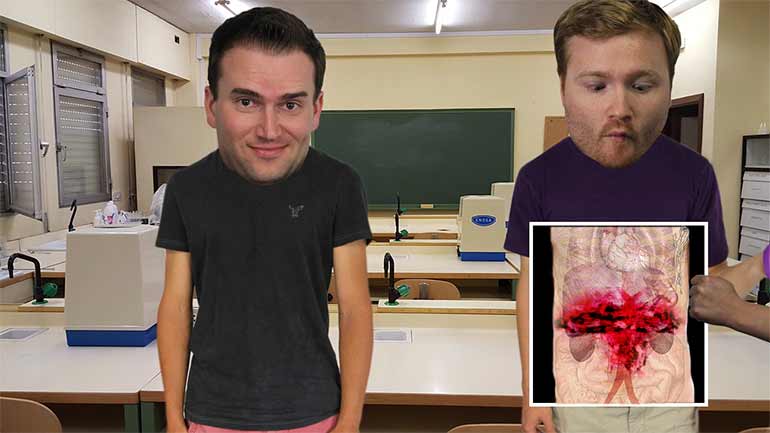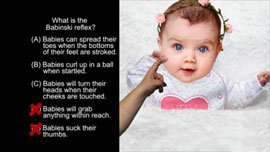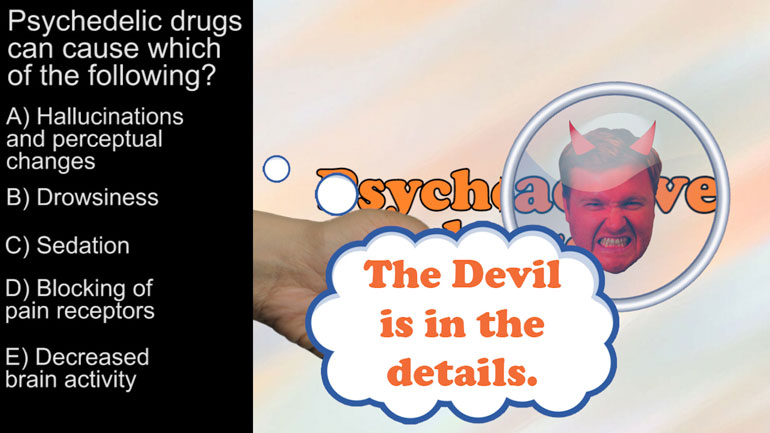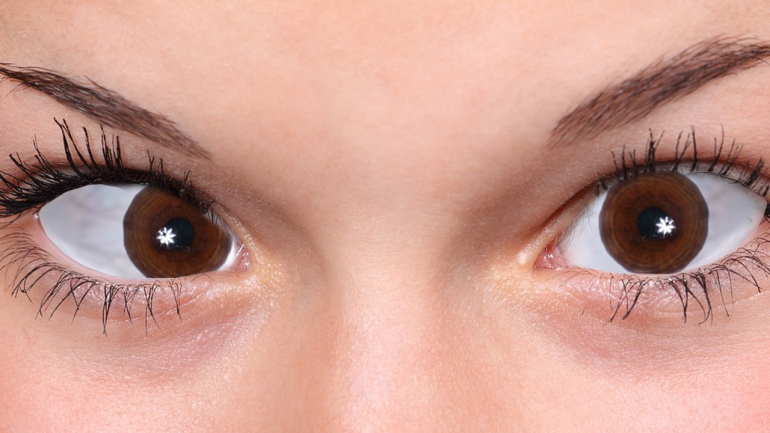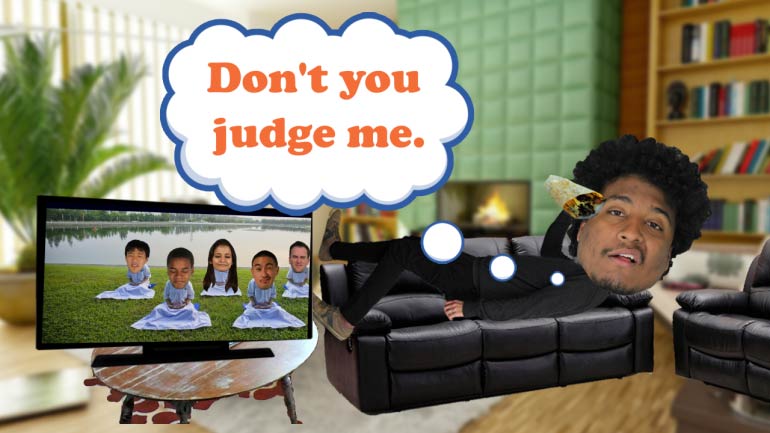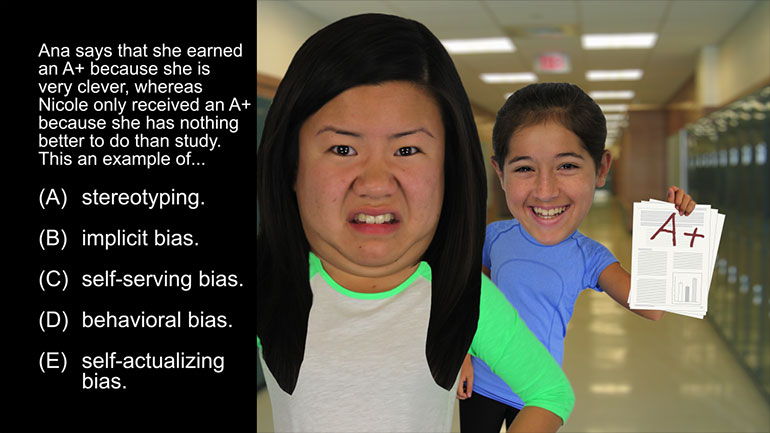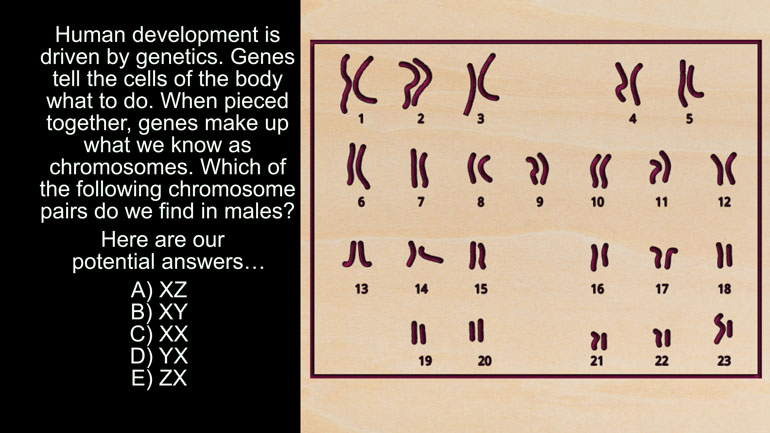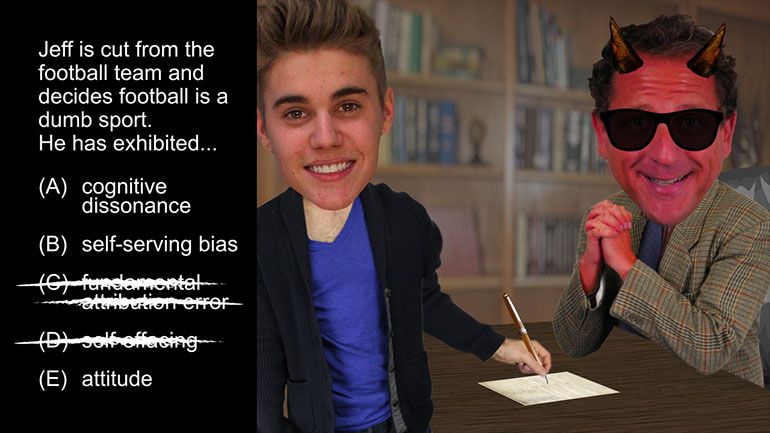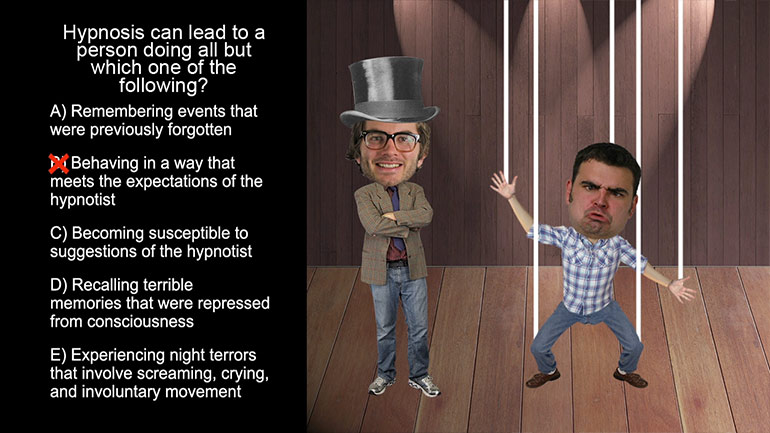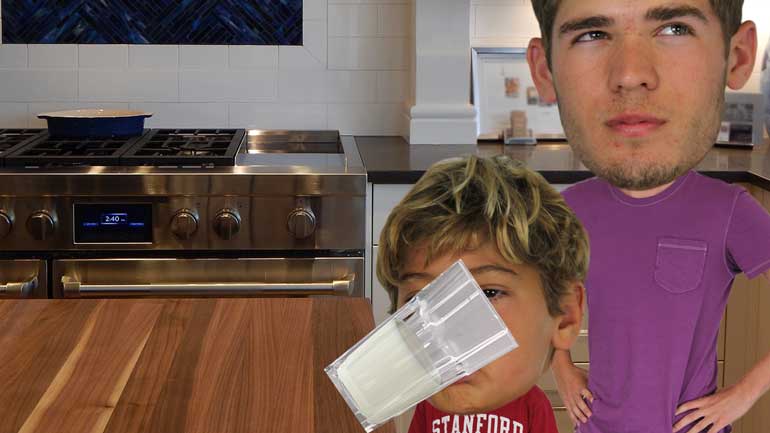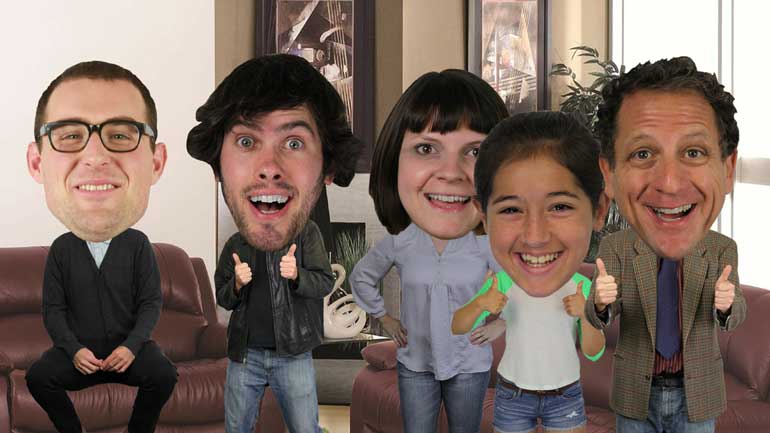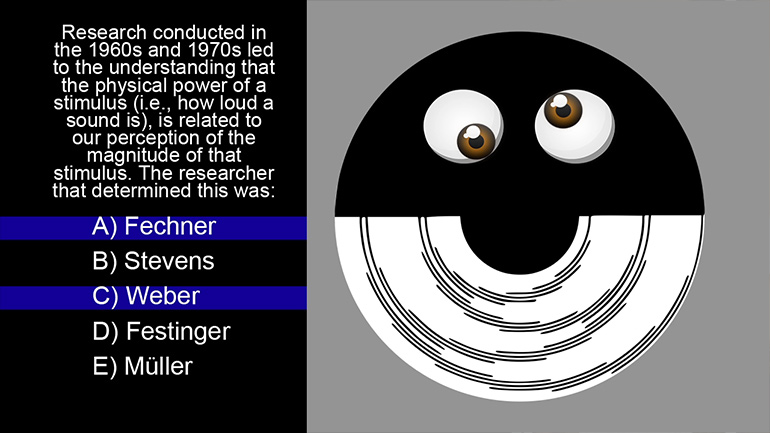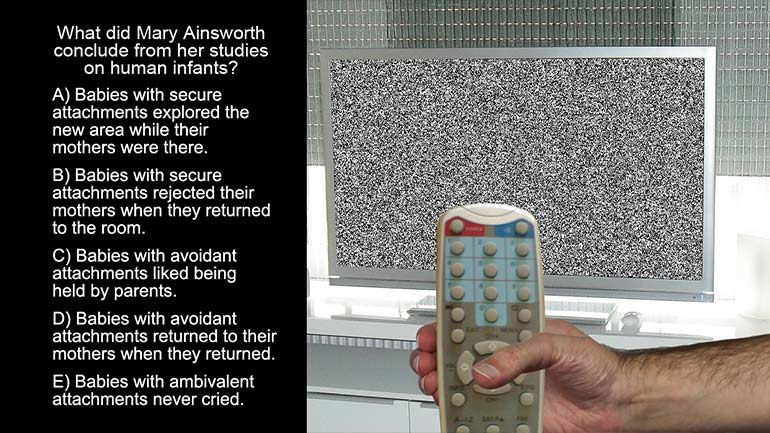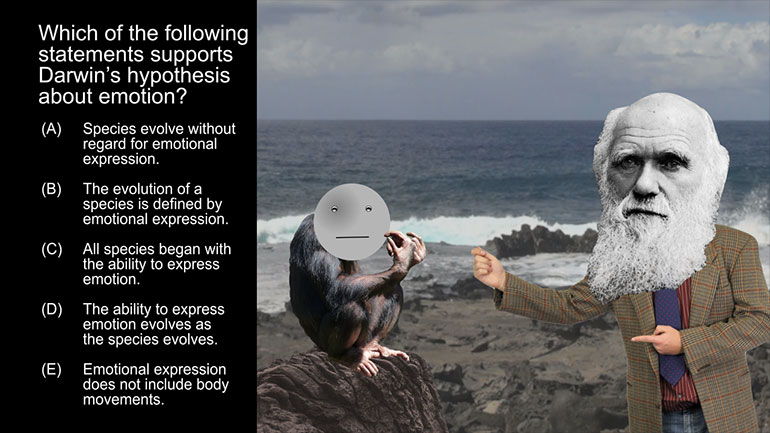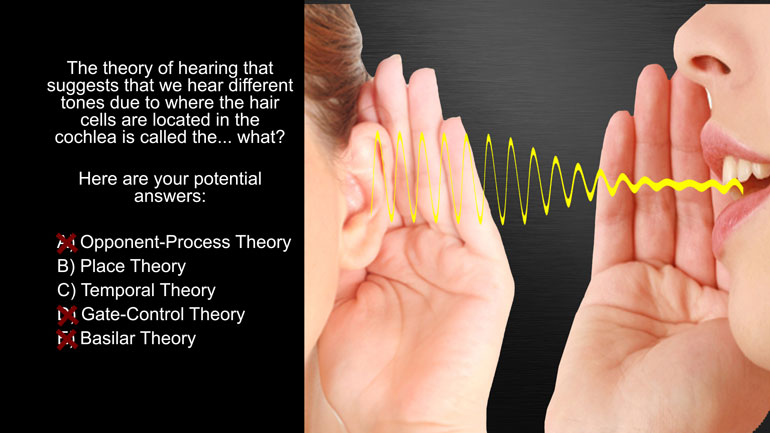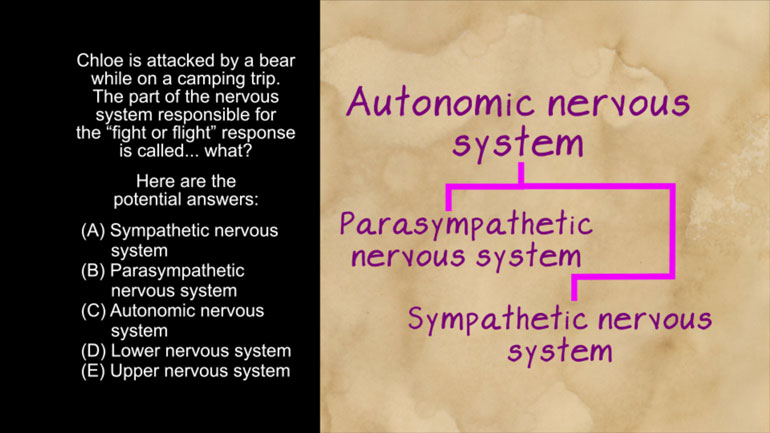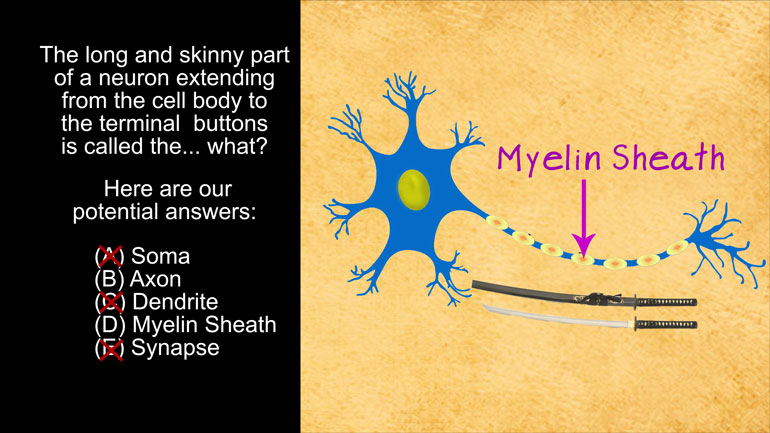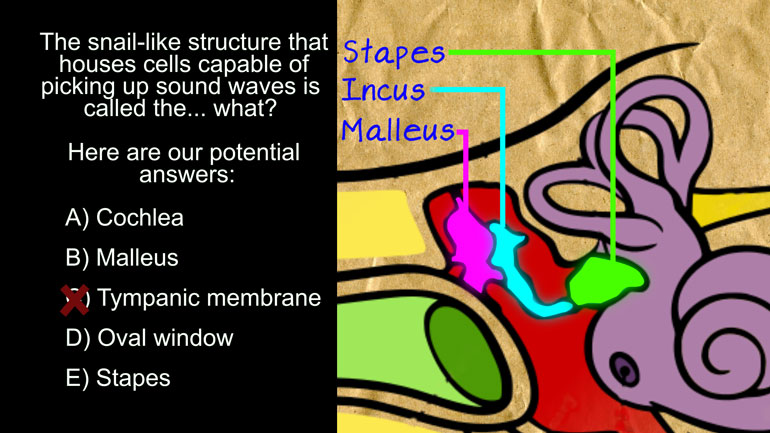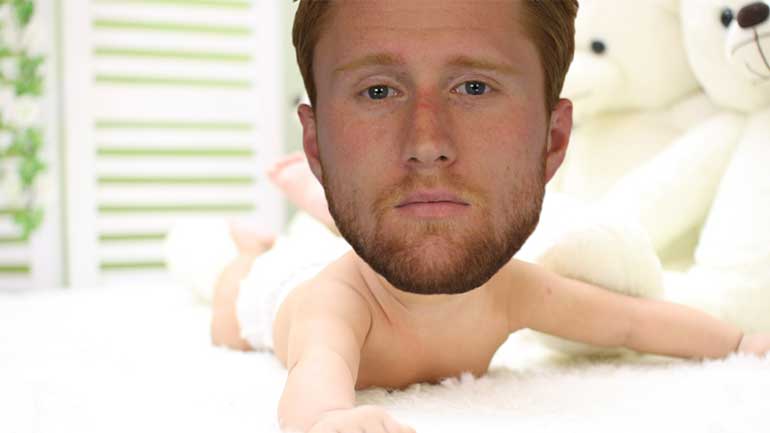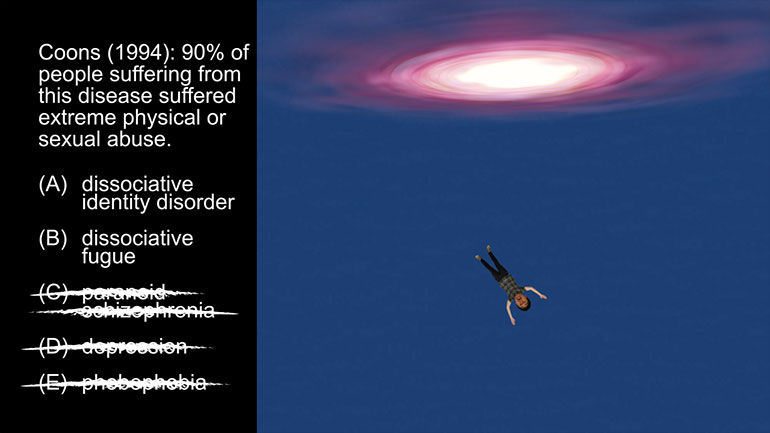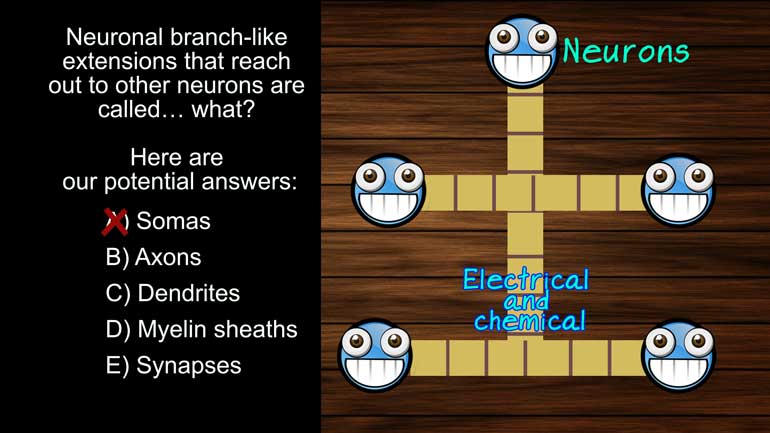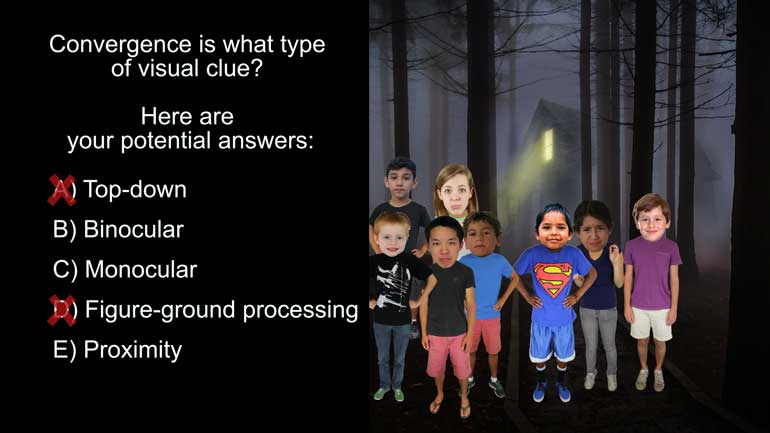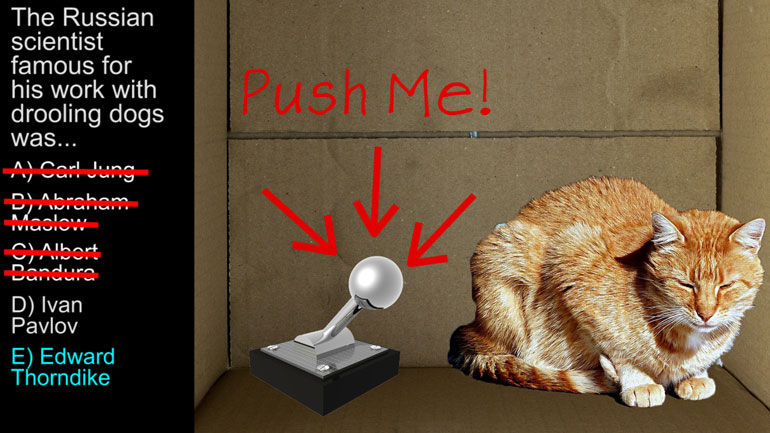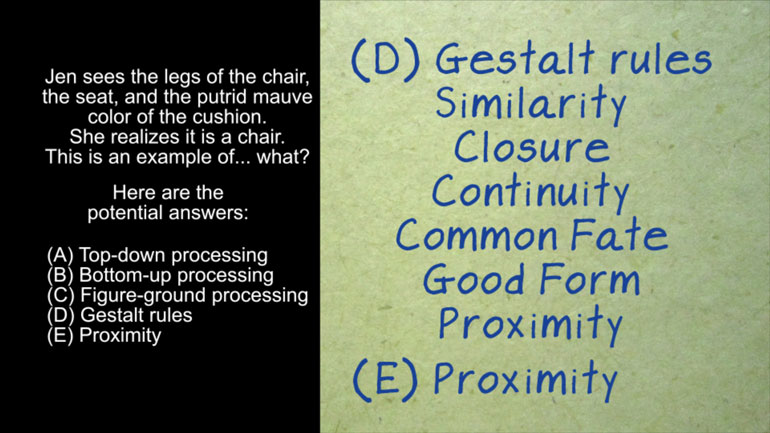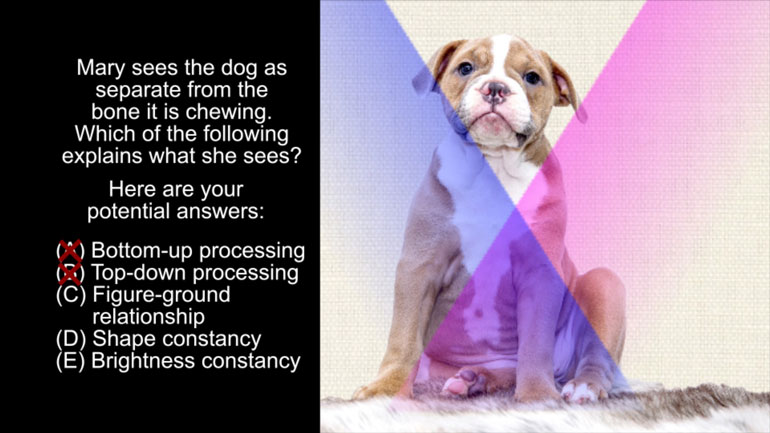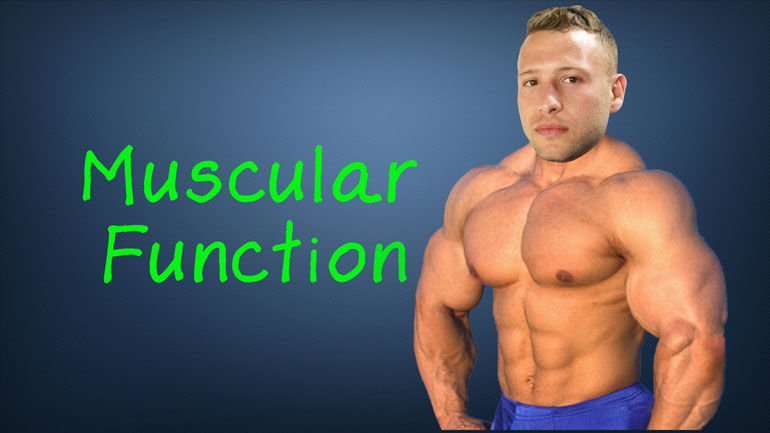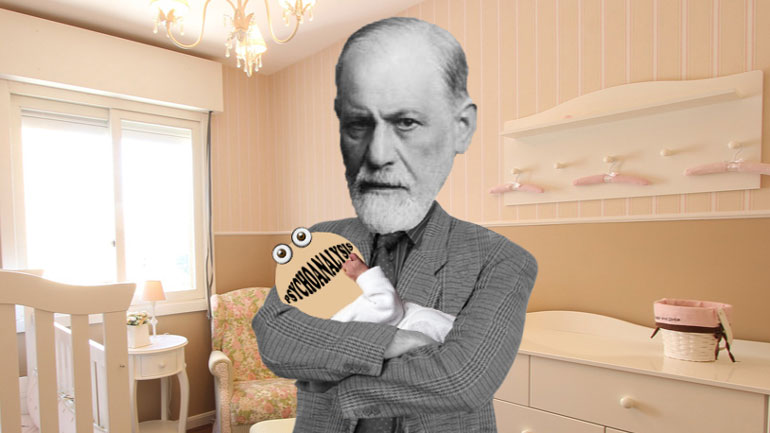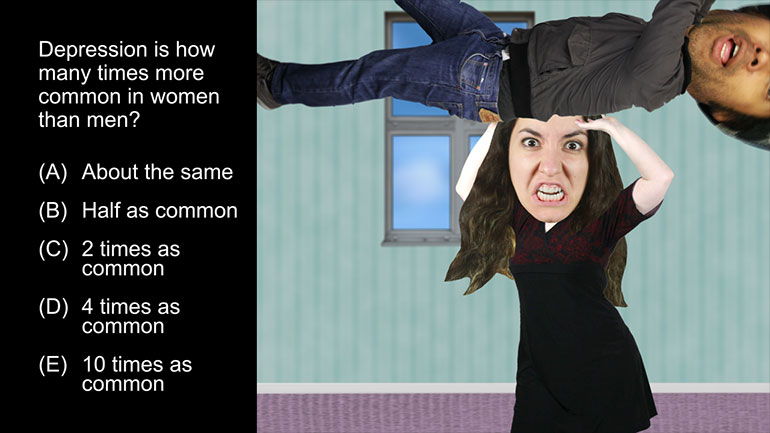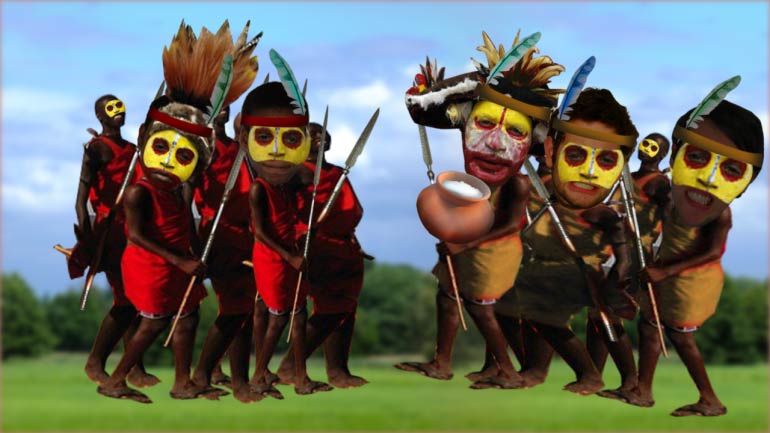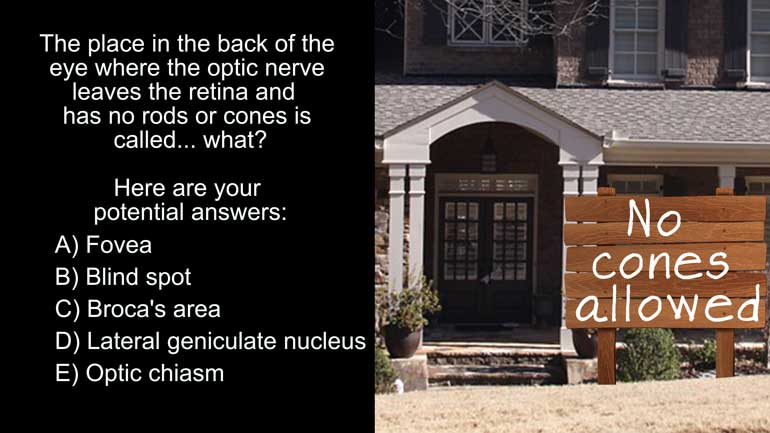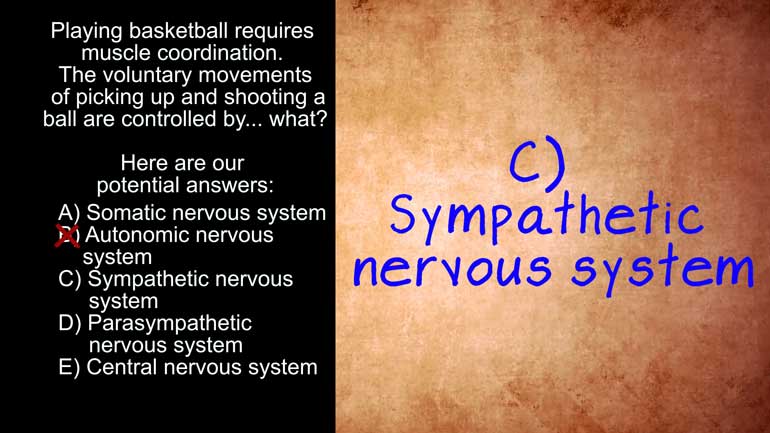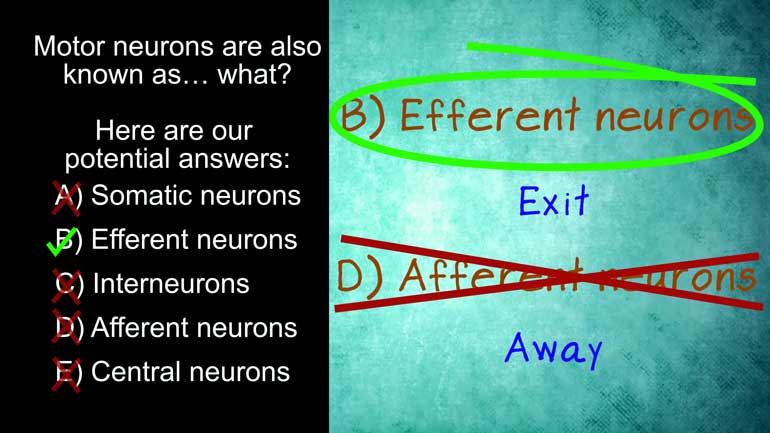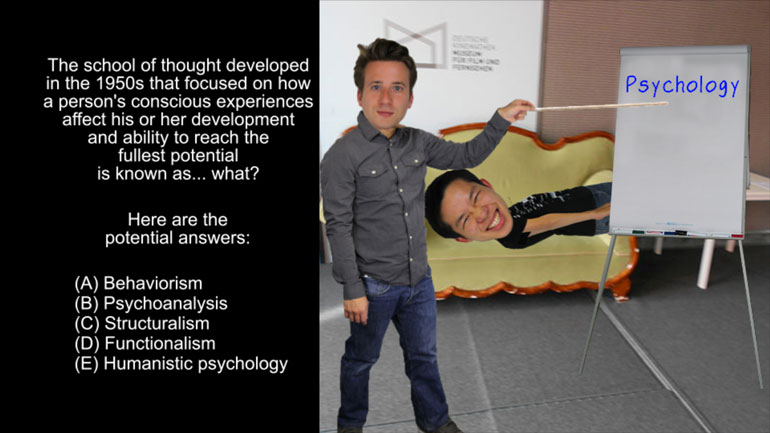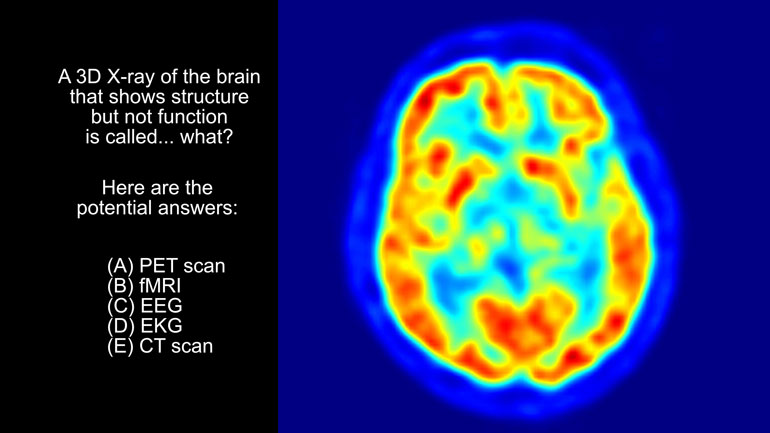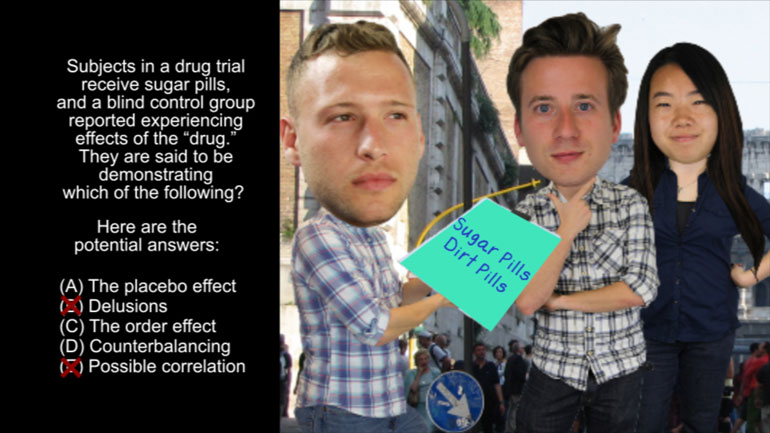ShmoopTube
Where Monty Python meets your 10th grade teacher.
Search Thousands of Shmoop Videos
AP Psychology Videos 163 videos
AP Psychology 2.2 Social Psychology. Which of the following was an independent variable manipulated in Asch's research?
AP Psychology 1.1 Personality. According to Freud, these three parts of personality are constantly in conflict.
AP Psychology 1.1 Sensation and Perception. The process by which the brain can turn sensory stimuli from the outside world into electrical signals...
AP Psychology 3.4 Developmental Psychology 4 Views
Share It!
Description:
AP Psychology 3.4 Developmental Psychology. Which of the following labels best applies to Erik Erikson?
Transcript
- 00:04
And here's your shmoop du jour brought to you by psycho dynamics which
- 00:08
aims to understand how past experiences may influence current behavior not to be [Man thinking about past experience of falling in a pool]
- 00:12
confused with psychic dynamics which aims to understand how future
- 00:16
experiences influence future behavior alright here's the question Erik
- 00:21
Erikson's interest in psycho dynamics and his work in developing earlier
Full Transcript
- 00:24
theories contribute to his having which of the following labels and here are
- 00:29
potential answers and that the answer is me or something all right well we know
- 00:34
what you're thinking finally a question about Keanu Reeves and the matrix I'm [Keanu Reeves appears on stage]
- 00:38
sorry to burst your bubble but that's not quite what's going on here neo is a
- 00:41
Greek word meaning new or recent that prefix in front of anything and you've
- 00:47
reinvented that thing you know it's usually used for ideologies in the
- 00:51
philosophies but you can also call dippin dots neo ice cream no one will [A tub of dippin dots appear]
- 00:56
judge you maybe anyway in Erickson's case he's reinvented the views of one of
- 01:00
the psychologists listed here hence the Neo but which one well let's take a
- 01:04
first look at the psychodynamics there it's an approach to psychology that [Man eating ice cream by playground]
- 01:09
focuses on the underlying human motivations that influence the way we
- 01:12
behave in steel with specific emphasis on early childhood experience this is
- 01:17
all part of the effort to better understand unconscious motivation the
- 01:21
main problem with all that well when you start delving into unconscious and [Man taps man's head and it opens]
- 01:24
underlying stings you ultimately start getting into things that can't be proved
- 01:28
empirically which is why it's sometimes said that psychodynamics deliberately
- 01:33
ignores the trappings of science which is sort of thing that you should be a
- 01:38
little bit skeptical of within the context of psychology as for Erik
- 01:42
Erikson well he's best known for his theory on psychosocial development which [Erik discussing eight stages]
- 01:46
identified eight stages of social development across an individual's
- 01:49
lifetime each offering a challenge met with a virtue as a reward well we prefer
- 01:54
gift cards several issues so what do we learn that [Boy holding a gift card]
- 01:57
far psychodynamic looks at unconscious thoughts and underlying drive and
- 02:01
Erickson believed in development stages throughout life oh and there was that
- 02:04
whole not super scientifically sound aspect to it this once because rather
- 02:08
here psychodynamics involves a number of key features from Freudian thought
- 02:13
including the unconscious mind the it'd go and super-ego and a libido and
- 02:18
Erickson's eight stages of psychosocial development were definitely influenced
- 02:22
by Freud's five stages of psychosexual development and in case you still have
- 02:26
your doubts Erikson often works for Anna Freud Sigmund's daughter a neo Freudian [Erikson working with Anna Freud]
- 02:30
indeed yeah now someone gets those two crazy kids in the matrix for Neos
- 02:35
Freudian frolic we'd watch it really [Erikson and Anna in the matrix]
Related Videos
AP Psychology 2.2 Social Psychology. Which of the following was an independent variable manipulated in Asch's research?
AP Psychology 1.1 Personality. According to Freud, these three parts of personality are constantly in conflict.
AP Psychology 1.1 Sensation and Perception. The process by which the brain can turn sensory stimuli from the outside world into electrical signals...
AP Psychology 1.1 Social Psychology. Which of the following best describes social psychology?
AP Psychology 1.1 States of Consciousness. Who conducted research on REM sleep deprivations?
